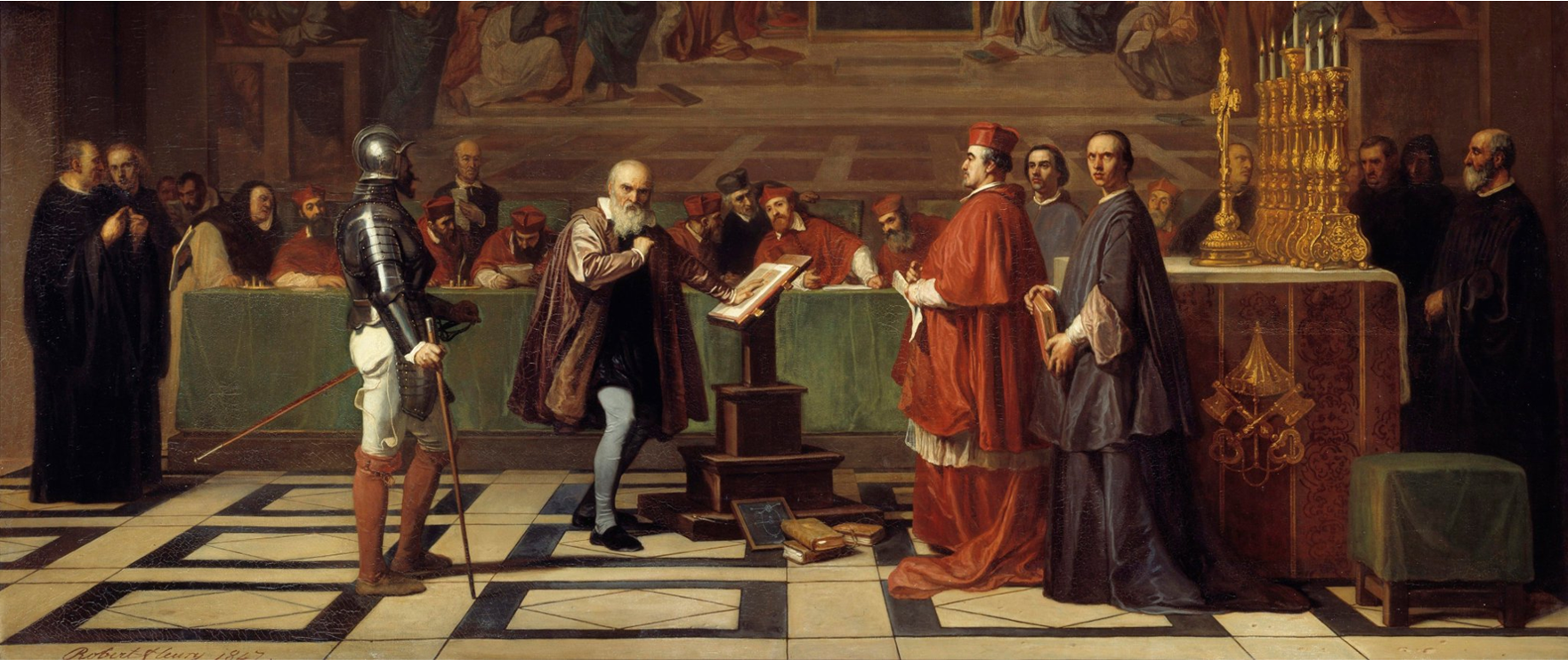If all goes according to plan, I will stand before the (grand) inquisitors this afternoon. That is, rather than simply filling out a change of address form or even something like trading my Pennsylvania driver’s license for an Indiana driver’s license, the Midwest Presbytery must examine me before it will accept my credentials from the Presbytery of the East and welcome me into their ranks. (For you non-Presbyterians, don’t worry we have our own Presbyterian Polity Wikipedia page. It explains all you want to know, and not know, about presbyteries and the like.) Examinations are what we do. It is “shall” language in our Book of Church Order. Before I am made a member of the club I shall be, not could be or might be, but shall be examined as to my views on “theology and sacraments, English Bible, the Book of Order, the history of the Church and the Reformed tradition, and the nature of the office of Teaching Elder.”
I have been among the inquisitors, I don’t know how grand we were, many times, and have been the inquisitee several times over the course of my time in ministry. It’s how we Presbyterians do things, and I think it is a good idea. In fact, the pastors, elders, and deacons in our branch of Presbyterianism also promise to report back if there are any substantial changes in what they say they believe after they have been examined about it. We take our inquisitions seriously.
So, why not just a change of address form? Why not “if you’ve been driving safely in Pennsylvania, welcome to Indiana?” Because, to borrow a popular phrase, ideas have consequences. Theology matters. What we believe determines what we do and who we are.
The presbytery has an interest in ensuring the “peace, purity, and unity of the church,” as we Presbyterians like to say. Hence the examination. But for me, the best part of a presbytery examination is not when fellow presbyters ask questions about theology or church history, it is the self-examination in preparation to stand before the inquisitors. It is in becoming your own grand inquisitor. It’s not so much about what has changed as it is about how life and study and the work of the Holy Spirit has taken you to a deeper and better understanding of faith, hope, and love.
My examination is set for 4:00 p.m. on the meeting docket. That’s mostly a good thing. The inquisitors will have begun to think about dinner or going home. It is a hybrid meeting, so the Zoomers will have finished their Facebook updates on their split screens. They won’t want the examination to last too long. I’m just hoping that no one throws a Latin phrase my way. If you want to know what I believe about the order of salvation, ask me about what I believe about the order of salvation. If you mention “ordo salutus” I might think it has something to do with what a Roman soldier did when approaching his centurion.
And, by the way, on behalf of the inquisitee, me, and all your fellow inquisitors, please, no sermon as a preface to your question. I know, you’re a preacher, but a little self-control.
Socrates famously said “the unexamined life is not worth living.” The unexamined faith, our unexamined theology, leads not just to the possibility of worthless thinking, but to dangerous doing, as our present time well illustrates.
Inquisitors – bring it on! But, please, no Latin.
Saint Andrew friends: I am teaching this class again this Sunday. This week we continue in Chapter 4. – Pretty Woman and Les Misérables. Join us Sunday at 9:00 a.m.


